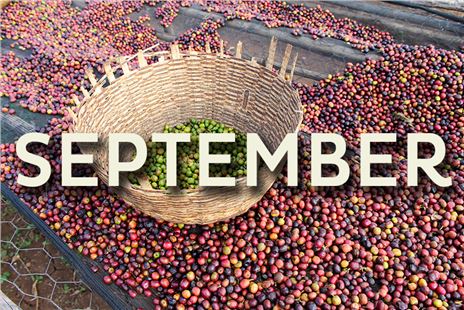THE BENNETTS MONTHLY SEPTEMBER '22

All things Bennetts and Coffee...
Spring has sprung!
AUSTRALIAN SPECIALTY COFFEE ASSOCIATION COMPETITIONS
The amazing coffee used by Harry at the ASCA
Brewers Cup Competition is sourced from El Diviso Farm. Unfortunately, this
season we have sold out of the amazing Sidra varietal, however we plan to have
more of this special process in stock next year. Stay tuned 😊 MARKET REPORT
Drought is certainly a concern, as we now enter
the post-harvest period in which good rains will bring on flowering across the
coffee-growing regions of Brazil (and you’ll certainly start seeing lots of
pretty flowering coffee trees ad infinitum across social media before long).
Even as important will be the subsequent rains during spring that will first
help the fruit set, and then develop to maturity.
The Bennetts Team |








